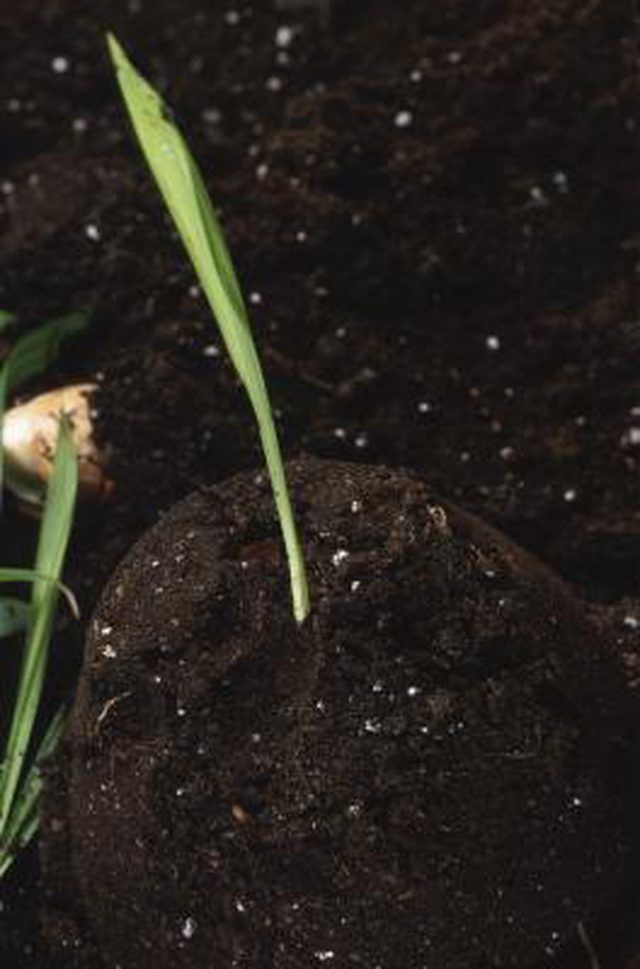Bulbs
Flower Basics
Flower Beds & Specialty Gardens
Flower Garden
Garden Furniture
Garden Gnomes
Garden Seeds
Garden Sheds
Garden Statues
Garden Tools & Supplies
Gardening Basics
Green & Organic
Groundcovers & Vines
Growing Annuals
Growing Basil
Growing Beans
Growing Berries
Growing Blueberries
Growing Cactus
Growing Corn
Growing Cotton
Growing Edibles
Growing Flowers
Growing Garlic
Growing Grapes
Growing Grass
Growing Herbs
Growing Jasmine
Growing Mint
Growing Mushrooms
Orchids
Growing Peanuts
Growing Perennials
Growing Plants
Growing Rosemary
Growing Roses
Growing Strawberries
Growing Sunflowers
Growing Thyme
Growing Tomatoes
Growing Tulips
Growing Vegetables
Herb Basics
Herb Garden
Indoor Growing
Landscaping Basics
Landscaping Patios
Landscaping Plants
Landscaping Shrubs
Landscaping Trees
Landscaping Walks & Pathways
Lawn Basics
Lawn Maintenance
Lawn Mowers
Lawn Ornaments
Lawn Planting
Lawn Tools
Outdoor Growing
Overall Landscape Planning
Pests, Weeds & Problems
Plant Basics
Rock Garden
Rose Garden
Shrubs
Soil
Specialty Gardens
Trees
Vegetable Garden
Yard Maintenance
The Purpose of Phosphate Fertilizers
The Purpose of Phosphate Fertilizers. Fertilizers provide soil with nutrients, like phosphate, that are required to produce healthy gardens and abundant crops. The Fertilizer Institute reports that experts estimate one-third of the world’s food supply would not be produced without the use of commercial fertilizers.

Fertilizers provide soil with nutrients, like phosphate, that are required to produce healthy gardens and abundant crops. The Fertilizer Institute reports that experts estimate one-third of the world’s food supply would not be produced without the use of commercial fertilizers.
Role in Plant Development
Phosphorus is one of the three macronutrients essential to the healthy development of plants, playing a major role in the process of photosynthesis, which transforms solar energy into chemical energy. Phosphorus promotes proper plant maturation and allows growing plants to withstand stress. It is also encourages development of healthy blooms and root growth.
Sources
Phosphorus is added to the soil either through organic means, such as animal manure, composts, bone meal and sewage sludge, or as phosphates in commercial fertilizer products. Rock phosphate is used to manufacture these fertilizers, and phosphate products commercially available include superphosphate, diammonium phosphate and polyphosphates.
Caution
Follow all instructions carefully when using phosphate fertilizers because phosphate is a source of water pollution. Overfertilizing and spilling fertilizers onto driveways and pavements are common mistakes of gardeners. Rainwater carries wasted fertilizer into storm drains and eventually lakes and rivers.